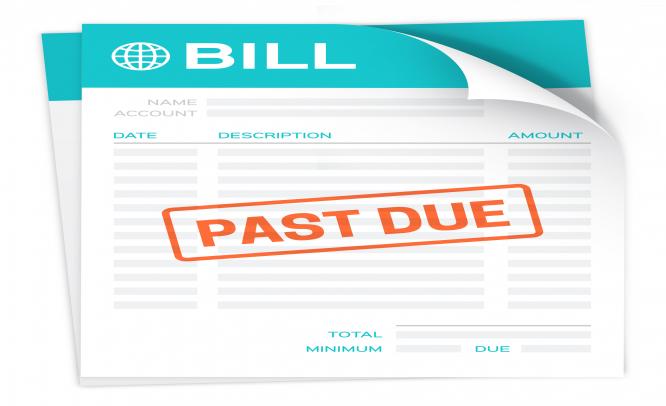Survey reveals uptick in late payment of B2B invoices
October 23, 2015: Concern over China’s economic performance persists, causing a further downward revision of its 2016 growth forecast from 6.9% this year to 6.7% in 2016. Atradius survey shows an uptick in late payment of B2B invoices in China. This can have a knock-on effect on the liquidity of some businesses in several countries in Asia Pacific, and appears to worsen the region’s B2B trade credit risk outlook.
As revealed by the October 2015 Atradius Payment Practices Barometer for Asia Pacific, 62.0% of the businesses surveyed in China (compared to 46.3% in Asia Pacific) reported that domestic B2B customers have slowed invoice payment due to liquidity problems over the past year. Late payment of invoices due to the formal insolvency of the domestic buyer was experienced by 27.3% of the businesses surveyed in China (compared to 21.4% in Asia Pacific). Moreover, the value of domestic B2B invoices more than 90 days past due of respondents from China nearly doubled over the past year (7.5% in 2015, up from 4.2% one year ago). The longer receivables remain outstanding, the higher the likelihood that they turn into bad debts and write-offs, negatively impacting the cash flow and profitability of businesses.
The managed slowdown of China’s economy, which appears to be having a severe impact on its insolvency environment, is forecast to trigger a worsening of B2B trade credit risk in several Asia Pacific countries. According to the survey, the warning signs are already there. In Australia and Indonesia, for instance, countries whose economies are heavily dependent on commodity exports to China, the total value of B2B invoices for foreign trade that were more than 90 days overdue was significantly higher than last year. In Australia, nearly 23% of the value of foreign past due B2B invoices remained unpaid 90 days after the due date (up from 6.4% last year). This percentage is 12% in Indonesia (up from 4.8% last year).
The Atradius Payment Practices Barometer for Asia Pacific highlights that approximately 90% of the respondents in the region reported having experienced late invoice payment from their B2B customers over the past year (response rate in the Americas 95% and in Europe 92.8%). Respondents in India and Indonesia (nearly 96% each) experienced late invoice payments from domestic customers the most often, while respondents in Australia (95.6%) experienced late payments from B2B customers abroad most often.
2.0% of the value of B2B receivables was written off by survey respondents as uncollectable. Respondents in Hong Kong were the hardest hit by uncollectable receivables. For 54.4% of respondents in Asia Pacific, receivables were most often written off due to the customer being bankrupt or out of business. This was particularly the case in Indonesia (67.1% of respondents). This reflects the challenging business climate in which many businesses in the region still operate. Failure of the collection attempts was most often reported by respondents in Australia (nearly 51%).
Eric den Boogert, Director of Atradius Asia commented, “The rebalancing of the Chinese economy has a significant impact on the whole Asia Pacific region, as well as on the global economy. Reflecting this, B2B trade volumes in the region have weakened especially in emerging economies. We have seen an upswing in payment defaults, raising trade credit risks in some economies in Asia Pacific”.
The Atradius Payment Practices Barometer for Asia Pacific also investigates the key factors for customer payment delays, the challenges to business profitability, and the respondents’ opinion on payment practice trends by industry in the next 12 months.

